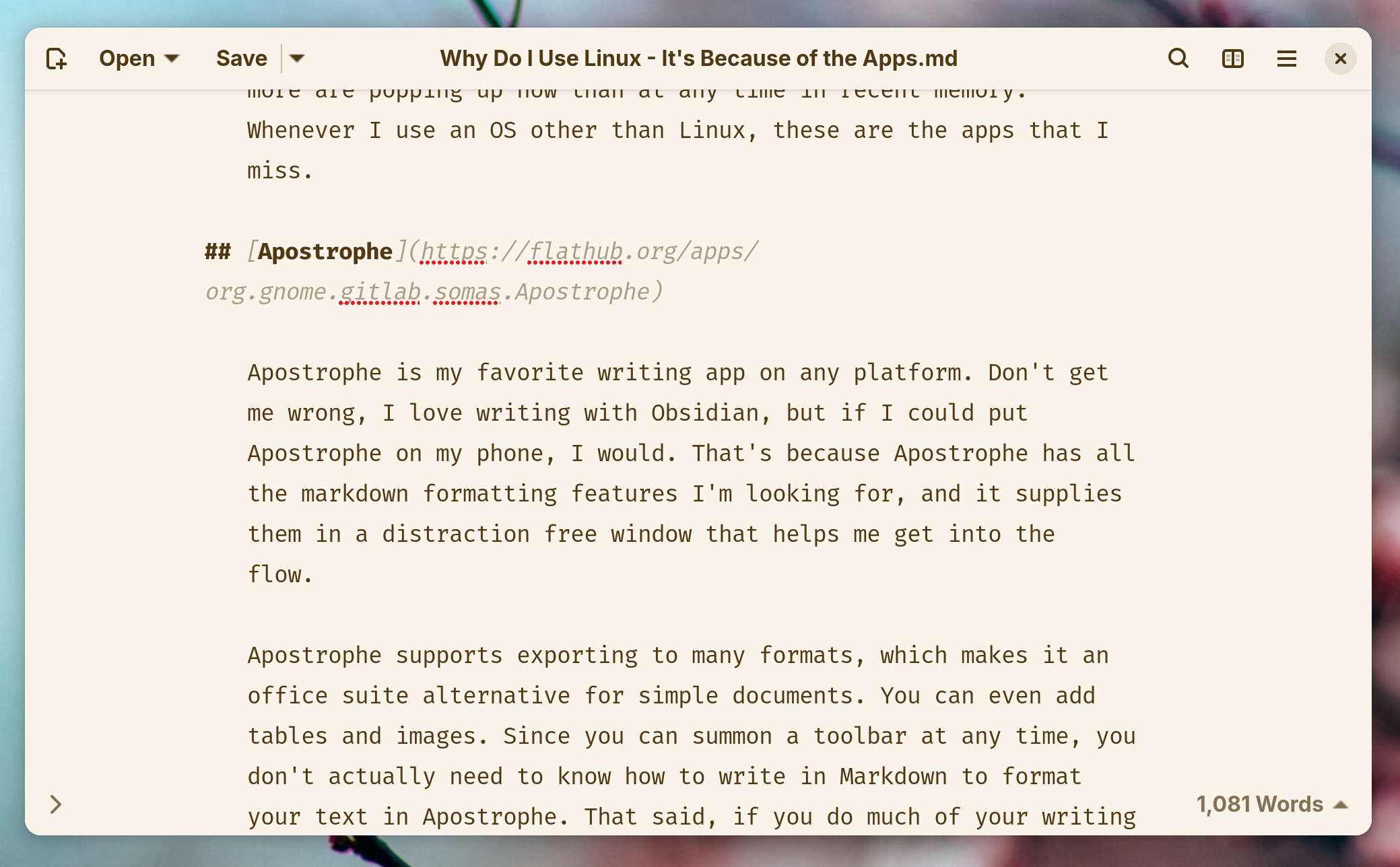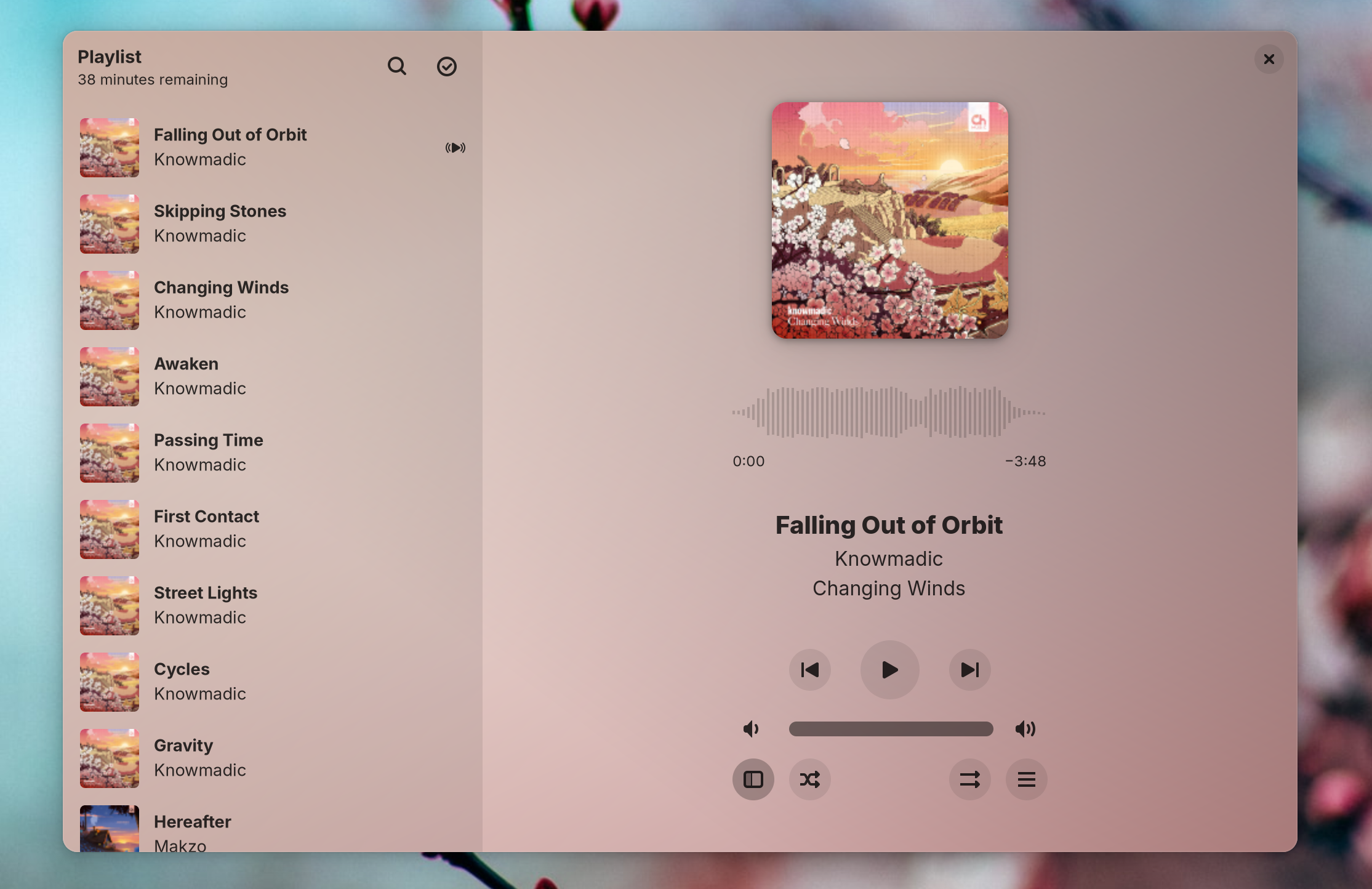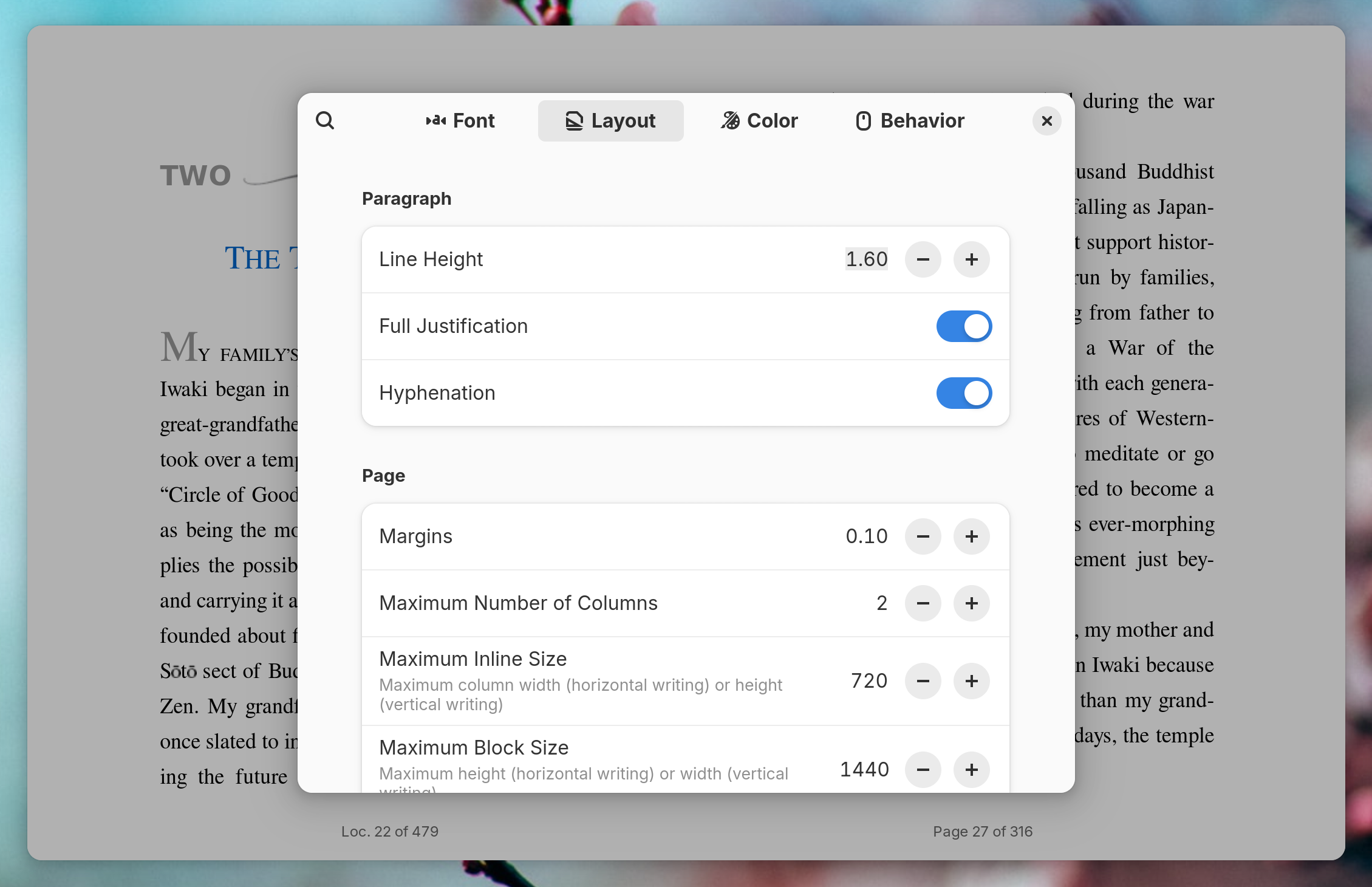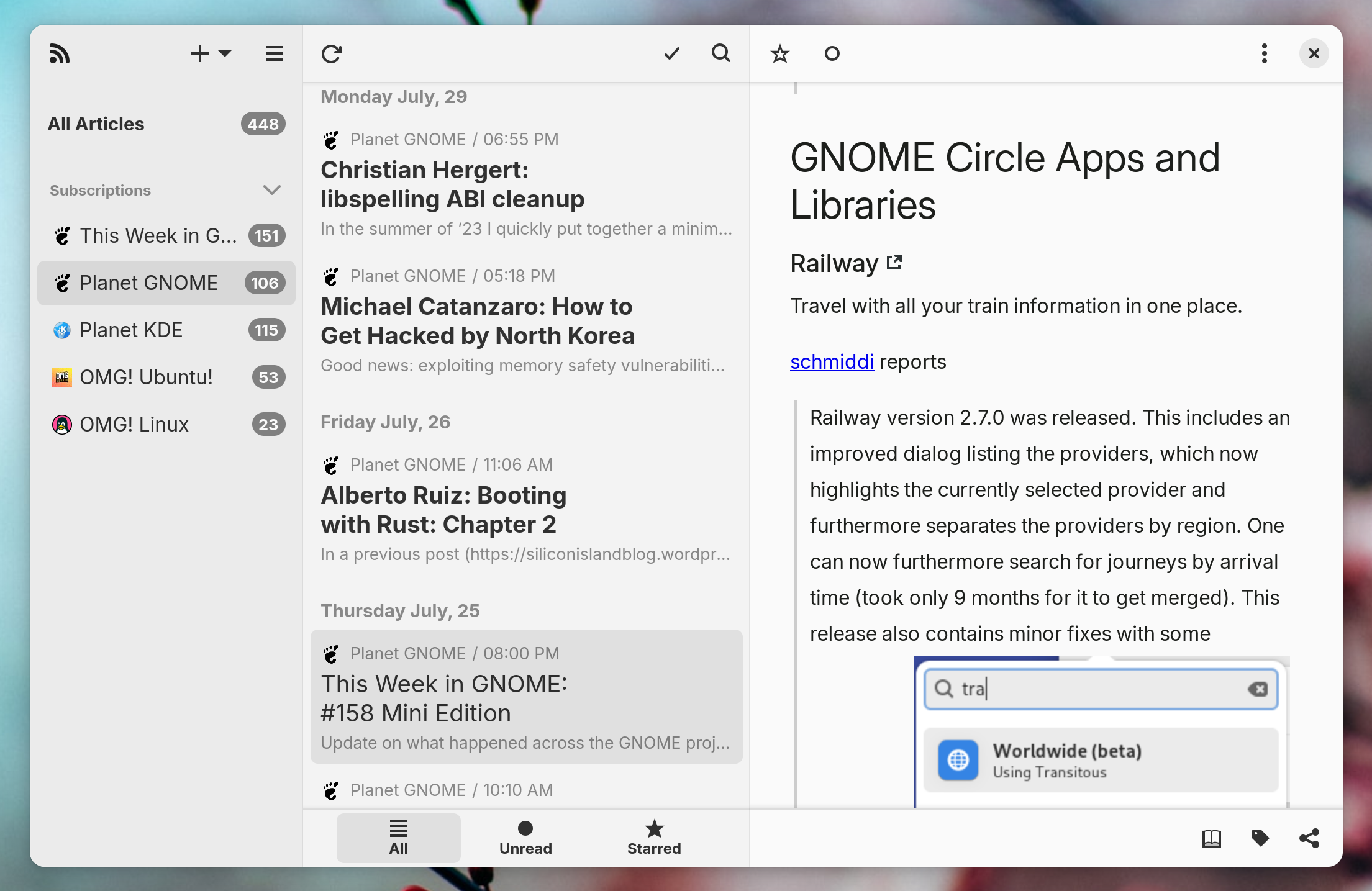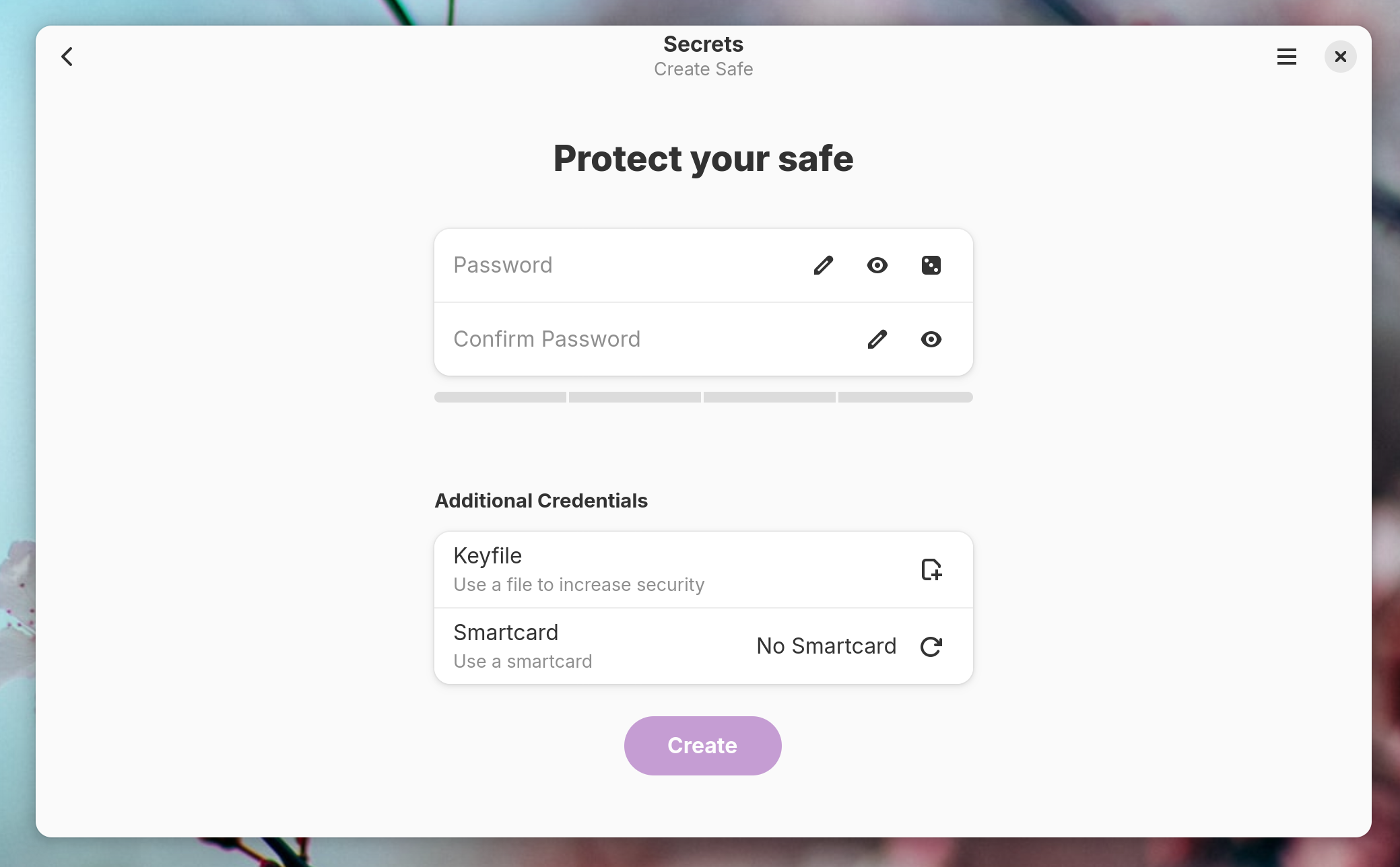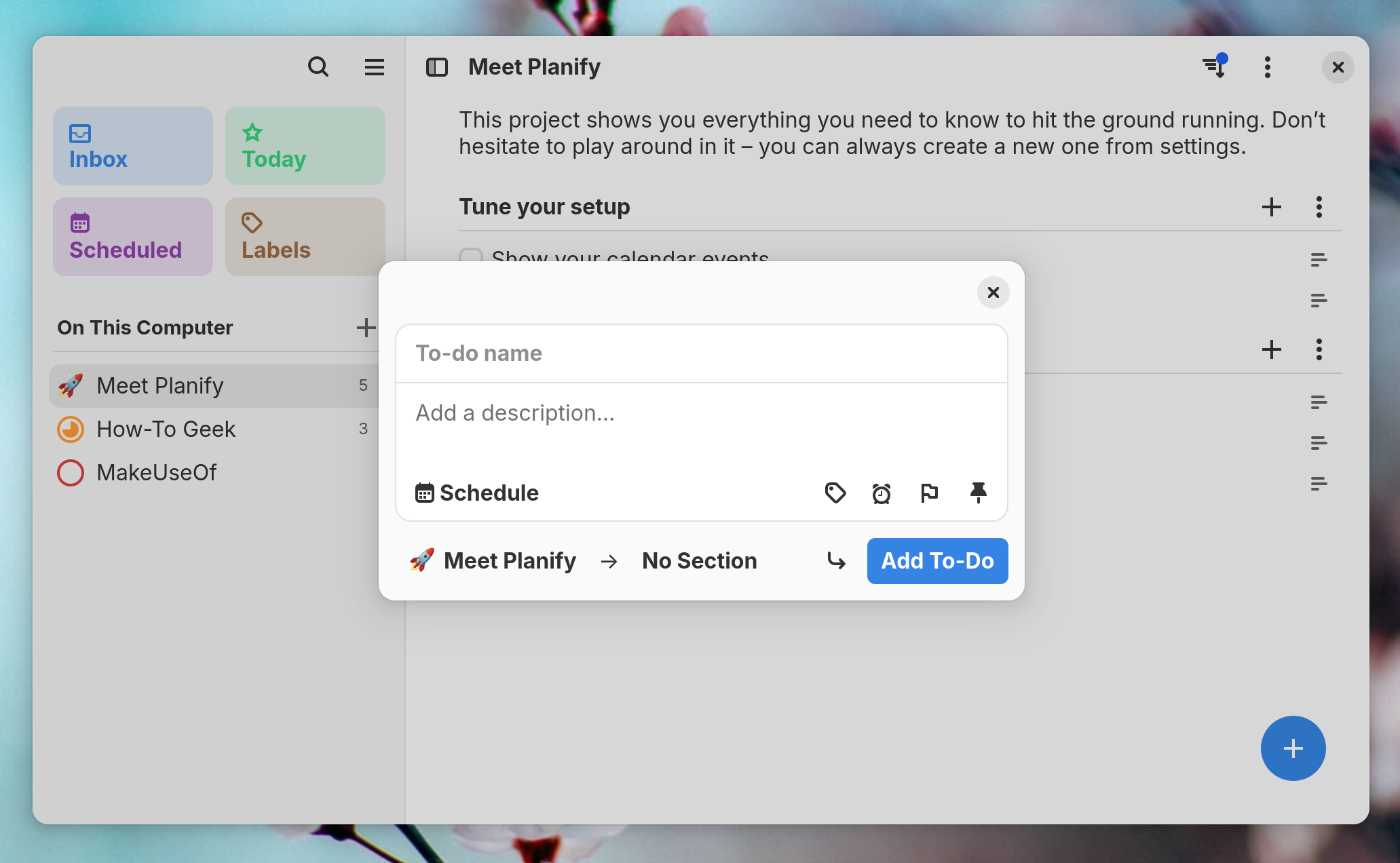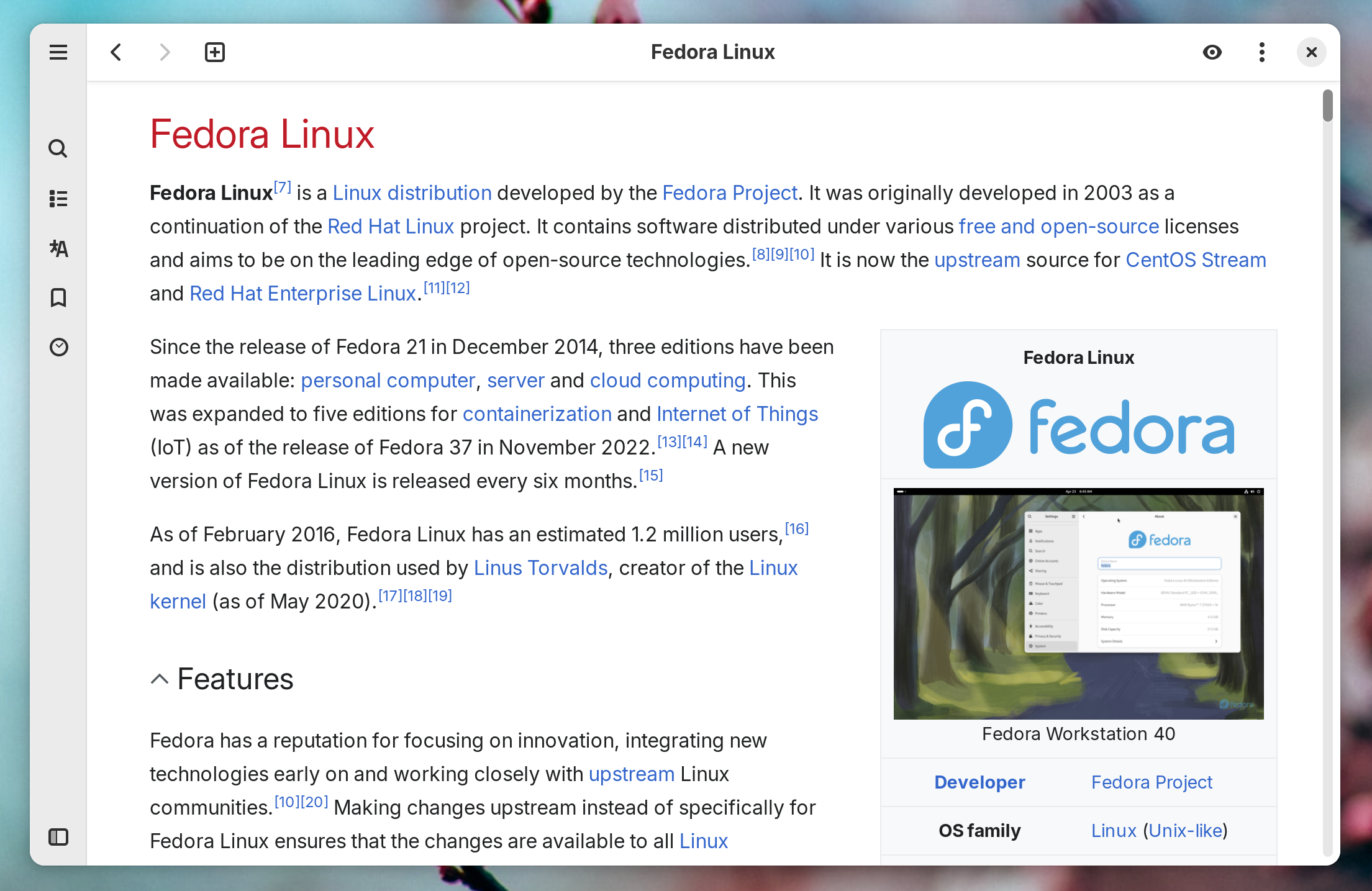Many people say they would switch to Linux if it didn’t mean having to give up on a specific app. In my case, it’s the opposite. There are quite a few Linux-only apps that I love, and more are popping up now than at any time in recent memory. Whenever I use anything other than Linux, these are the apps that I miss.
Apostrophe is my favorite writing app on any platform. Don’t get me wrong; I love writing with Obsidian, but if I could put Apostrophe on my phone, I would. That’s because Apostrophe has all the markdown formatting features I’m looking for, and it puts them in a distraction-free window that helps me get into the flow.
Apostrophe supports exporting to many formats—so many it can be an office suite alternative for simple documents. You can even add tables and images. Since you can summon a toolbar at any time, you don’t actually need to know how to write in Markdown to format your text in Apostrophe. That said, if you do much of your writing for the web, check out our Markdown cheat sheet. Using Markdown is much less fiddly than working in a full-blown word processor.
For years, Linux was filled with iTunes and Windows Media Player lookalikes. Amberol is not that. This is a different type of local music player, one that doesn’t manage a library of albums at all. Instead, Amberol only shows your current playlist, which you create anew each time by dragging and dropping files from your file manager.
I understand if this approach sounds tedious. Why do I love it? The app is minimalist yet gorgeous. Plus I spend much less time editing tags, since they don’t matter nearly as much in this format. More time enjoying music and less time managing it? Sounds good to me.
Foliate is one of the most minimalist, distraction-free ebook reading apps I’ve come across on any phone, tablet, or PC. As an app that closely follows GNOME’s design guidelines, the interface is free of cruft. You can quickly add books to your library and view your books either as thumbnails or as a text-only list of titles. Once you open a book, the app gives you the options to adjust fonts, size, and spacing. It strikes the right balance (for me) between letting me tweak the ebook formatting I care about without going overboard.
This may not sound like much, but most ebook reading apps are not so simple. The most popular ebook app, Calibre, is a complicated piece of desktop software designed decades ago (and looks it). Most other apps are closely tied to one specific bookseller and are laden with restrictions that prevent me from downloading books to read in other apps that I might prefer. Moon+ Reader is my favorite app for reading books on my phone, but its interface still feels overly complicated compared to the pleasant simplicity that is Foliate.
Despite feeling like a blast from the past, RSS readers are better than ever. They’re a solution to the algorithm-based online environment we find ourselves in. Instead of letting someone else decide what news you see, an RSS reader gives you the ability to select sources for yourself and read them all in one place.
NewsFlash is an excellent app for staying on top of the news. The window is adaptive, so you can go full-screen or read in a narrow phone-sized window. You can view the browser version of a page or a less distracting reader mode version. And the app doesn’t require an online account, unlike many of its alternatives.
I’ve used a password manager for years, but I’ve never embraced one of the online options like LastPass and BitWarden. Storing all the keys to my online life on someone’s server feels too inherently risky. Instead, I keep my passwords in a local KeePass database only stored on my devices.
Except I don’t use KeePass (which is only released for Windows) or KeePassXC (a variant available for Linux). I use Secrets.
Secrets is a native Linux app that opens KeePass databases. You can create new entries for each of your online accounts and randomly generate new passwords, removing the need for a dedicated password generator (though check out Password if you’re looking for one). It’s also easy to search for the passwords you need. All of your data is encrypted and protected with a master password.
Digital planners can be complicated affairs, and I prefer to avoid complicated solutions. I find Planify much less intimidating than most. It’s a to-do list app that nails it on presentation.
The app helpfully provides multiple ways to schedule your tasks. You can keep them all in your inbox, sort them by scheduled dates, or assign them labels. Keeping up with what needs doing isn’t a challenge.
Yet it’s the simplicity of generating a new task that I love. You’re prompted to create a name and description, and that feels like enough for me much of the time. You can schedule a due date, set a reminder, or add a label, but these options are presented as small icons that I am free to ignore. They’re not fields that I feel compelled to fill out.
Wikipedia is a public good. Performing a web search and appending “wiki” is probably rivaled only by “reddit.” Yet as good as using Wikipedia in a browser may be, using a dedicated app is even better.
Wike takes the rich information available in Wikipedia and presents it in a way that makes it a pleasure to browse. That’s not to say the app is only good if you enjoy browsing Wikipedia. It’s also great for quick searches.
While the app requires an internet connection to function, it gives an offline feel to the experience. Wike will feel immediately familiar if you’ve had any exposure to Wikipedia’s dedicated mobile apps. It’s like those apps, only integrated natively with your Linux desktop.
Readers familiar with Linux may notice that all of these apps are designed with the GNOME desktop environment in mind. While some of my colleagues prefer KDE Plasma over GNOME, that’s not how I roll. GNOME’s vibe is my favorite of any platform, and the apps above all benefit from this uncluttered and consistent design.
The app scene on Flathub (which you can think of as an app store for Linux where everything is free) is surprisingly vibrant. I invite you to give it a look and see what gems jump out at you.


